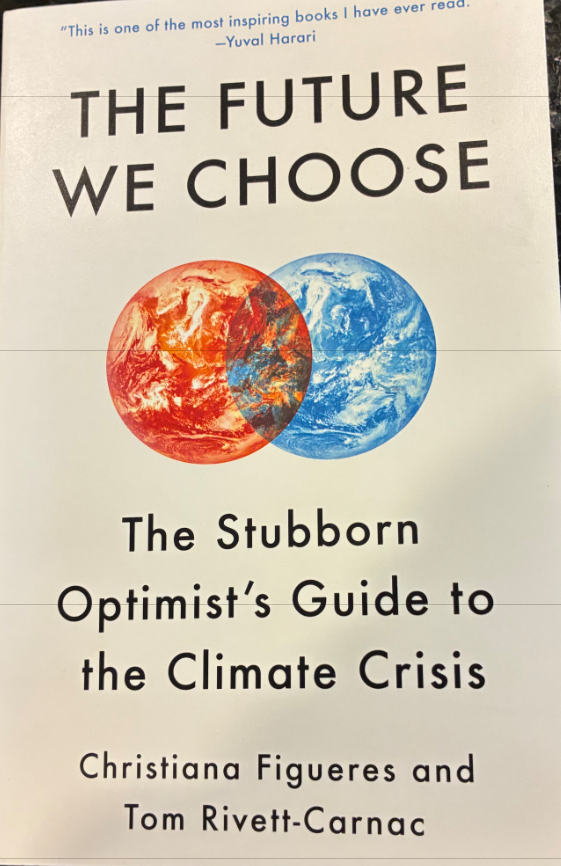In the News
City takes look at circular economy

NEWBURYPORT — The Recycling, Energy and Sustainability Department got an up-close-and-personal look at the concept of the circular economy when Mind the Chain CEO and founder Peyton Laine spent some time in the city this week.
NEWBURYPORT — The Recycling, Energy and Sustainability Department got an up-close-and-personal look at the concept of the circular economy when Mind the Chain CEO and founder Peyton Laine spent some time in the city this week.
Mind the Chain is a software company currently working to develop a supply chain and material assessment software platform that applies circular economy methodologies to product and reuse development.
“It’s a more-holistic approach,” Laine said.
Laine lives in Germany and her visit to City Hall was coordinated by the Alliance of Climate and Environmental Stewards, (or ACES), which is a local network of organizations and individuals dedicated to the planet’s climate and environmental health.
The circular economy, according to Laine, focuses on including businesses and the materials they produce in sustainability models, where it is not a separate entity but integrated into companies’ and communities’ economics.
“We’re looking at products and systems from a design phase and having a better view on the next life for the materials,” she said. “We’re also looking for new business opportunities to use what we have, maximize its life and then circulate and regenerate both products and business.”
Laine pointed to plastic water bottles as one product that can benefit from being engaged with more responsibly by both the companies that produce them, as well as their consumers.
“Although the city of Newburyport doesn’t engage with this directly, the water bottles that are in the city, like Nestle and Aquafina, could benefit from understanding what their recycling options are and what the repercussions are, so that materials can be optimized,” she said.
“Brands have a responsibility to the consumer and the consumer only has so much that they can do. The circular economy also encourages consumers to recycle and doesn’t force them to do it.”
Laine met this week with the city’s Recycling and Energy Manager Molly Ettenborough in an effort to potentially help envision fresh ways to mitigate waste generation and promote a more sustainable future.
“In this work, energy is interconnected with materials, water and social causes,” Laine said. “You have to be a generalist to some degree and also be a specialist.”
Ettenborough said her meeting with Laine was enlightening.
“We were introduced to Peyton by Cristin Walth, who is our local waste-zero expert,” she said.
“We all know the old adage, ‘reduce, reuse and recycle,’ and there’s many things that can be done,” she added. “But some of the things that are happening in the recycling or waste world are that companies are taking more ownership over their products.”
Ettenborough added there’s a lot of pressure on companies now to look into how their products can truly be recyclable.
“Recycling is not the answer to this, it’s ‘reduce, reuse and recycle,’” she said. “But the big thing right now is plastics. There are so many types of plastics and we know that Plastics 1, 2 and 5 are recyclable all of the time. They have high value and are able to be sold.”
She continued, “The other plastics, it depends on the market. If the oil market is high, then they have great markets for that plastic. If the oil markets are low, then there is no market for them and they get used as biofuel.”
Since plastic is not biodegradable, Ettenborough said consumers want change.
“It ends up on the beaches, in the waterways and on the side of the road,” she said. “Because of that, people are demanding corporations be more responsible.”
Mayor Sean Reardon also expressed enthusiasm for Laine’s visit, saying in a press release that her insights and proven track record in waste reduction through circular economy frameworks align perfectly with the city’s commitment to sustainability and environmental stewardship.
.svg)


